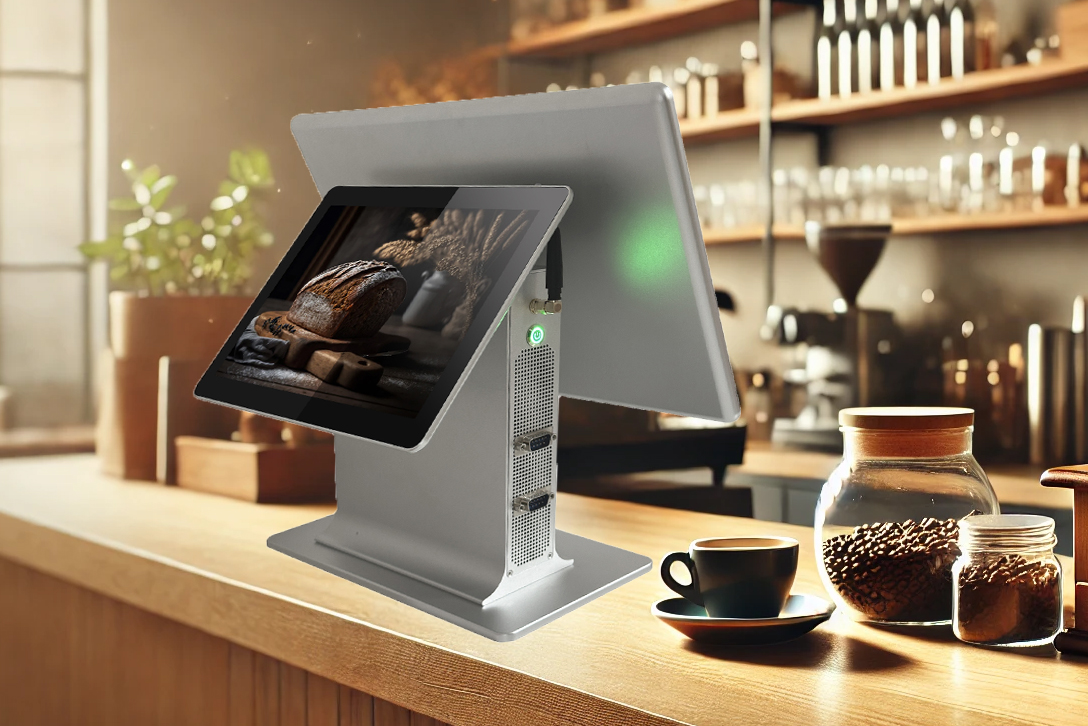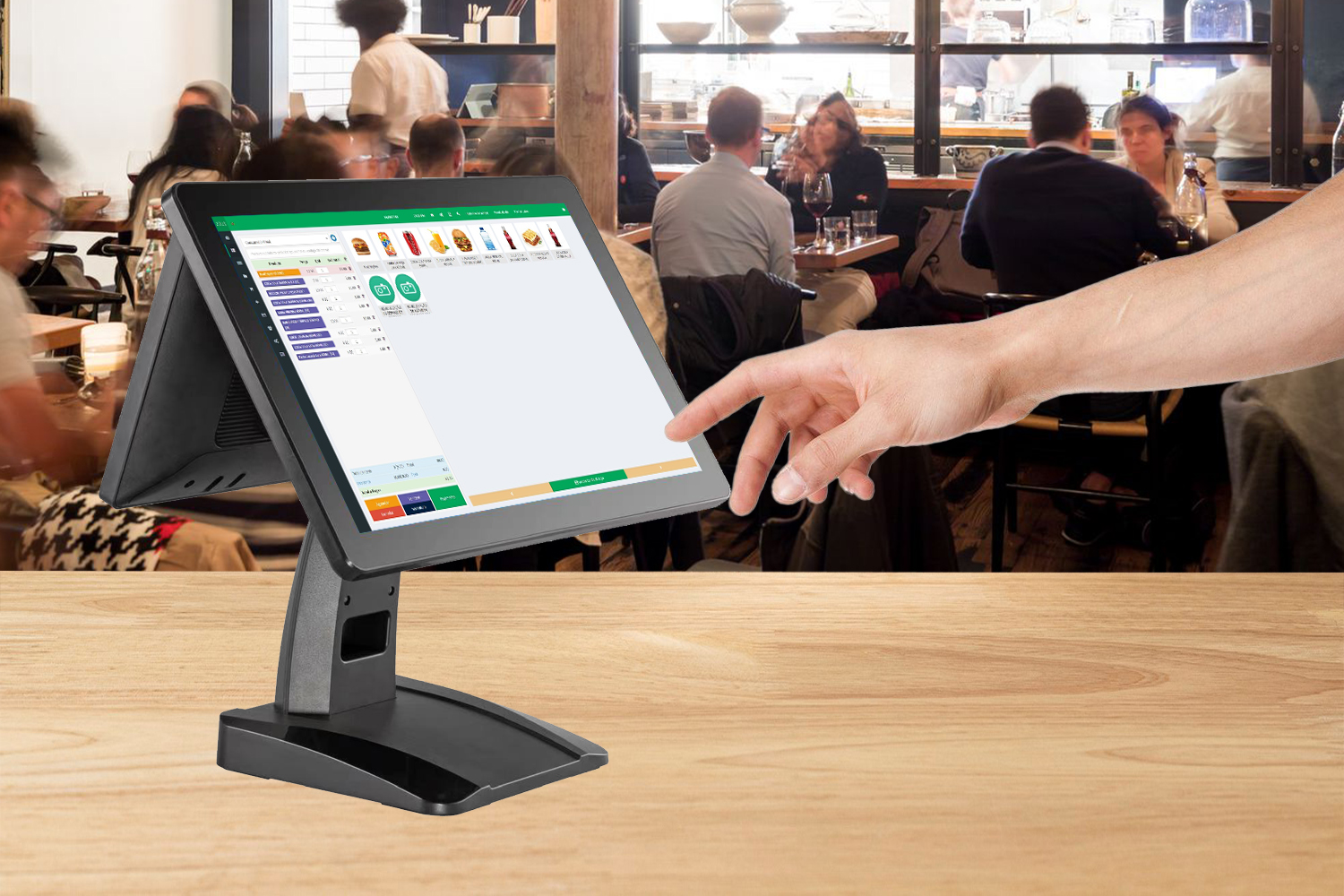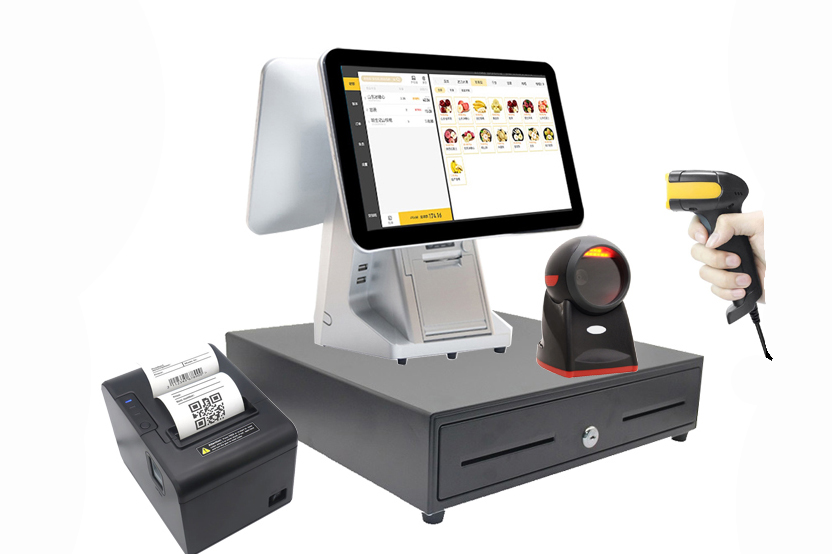Choosing Between Windows and Android POS Machines: Which is Right for Your Business?
Why Opt for an Android POS Machine?
Faster and Smoother Touch Response
Android POS machines typically offer a more responsive and seamless touch experience compared to their Windows counterparts. They also tend to avoid common issues like system freezes or the infamous blue screen of death.
Cost-Effective
Generally, Android POS systems are more affordable, offering businesses a budget-friendly option without compromising on functionality.
Sleek and Lightweight Design
Android devices are known for their compact, modern, and minimalistic design, making them an excellent choice for businesses looking for a clean and contemporary look.
Drawbacks of Android POS Machines
Potential Compatibility Issues
While Android devices are versatile, they can sometimes struggle with connecting to external peripherals, such as printers and scales. It’s advisable to purchase a complete solution from your POS software provider, as they usually ensure compatibility and offer troubleshooting support.
Memory Constraints
Over time, Android devices with lower memory capacity may face performance issues, similar to aging smartphones, especially as software and apps demand more resources.
Conclusion:
The choice between Android and Windows POS systems ultimately depends on your business needs. If you're looking for a cost-effective, simple-to-use solution, an Android POS machine may be ideal. On the other hand, if your business requires higher compatibility and long-term reliability, a Windows-based system might be the better choice.
What’s your preference? Do you lean towards Android or Windows for your POS machine? Share your thoughts in the comments!
Editor: Trekgear POS
Whatsapp:+8618063106745
Email: sales1@trekgear.cn





